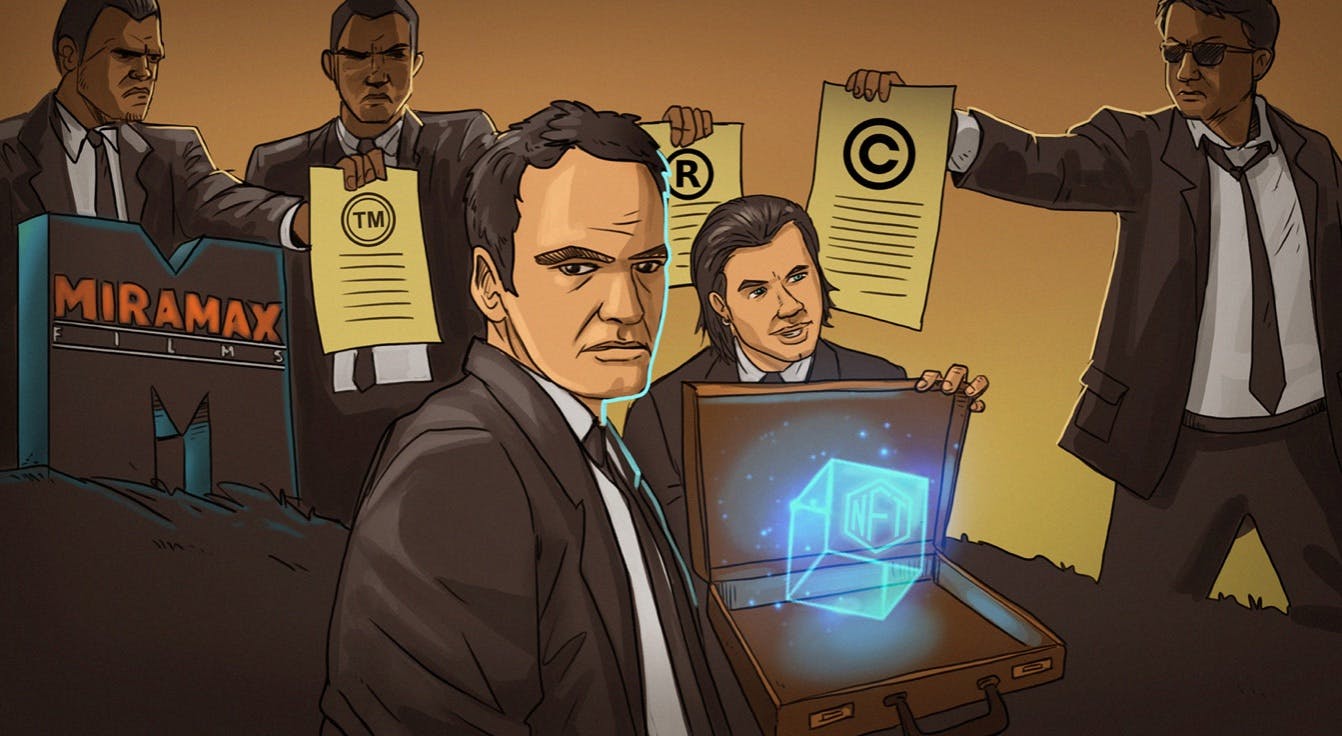Audio Presented by

Next Decentrum delivers unique, social, and meaningful art and culture experiences through our suite of products.
About Author
Next Decentrum delivers unique, social, and meaningful art and culture experiences through our suite of products.
